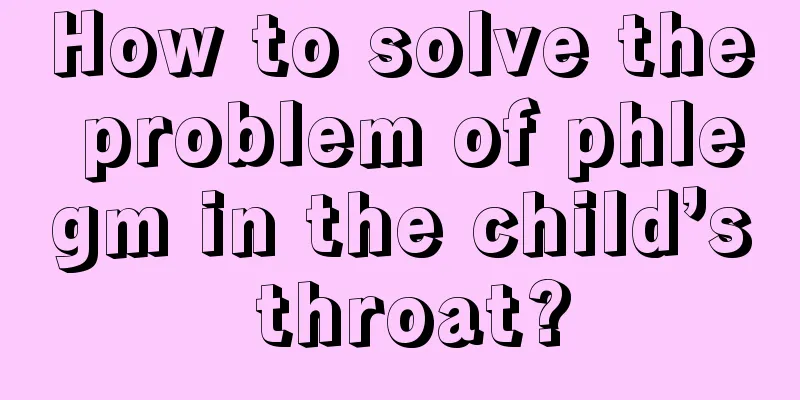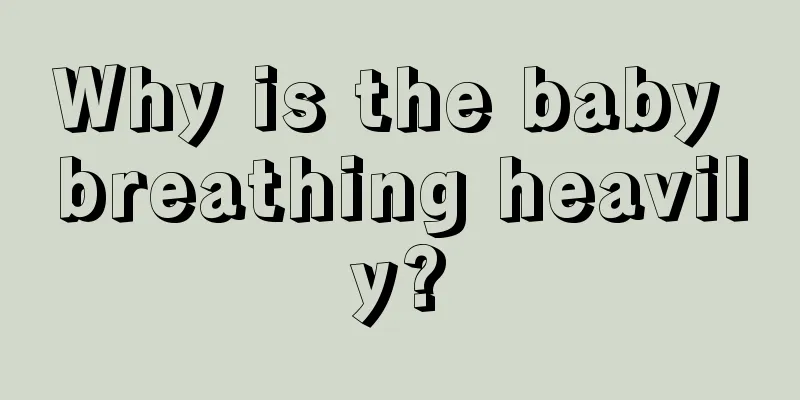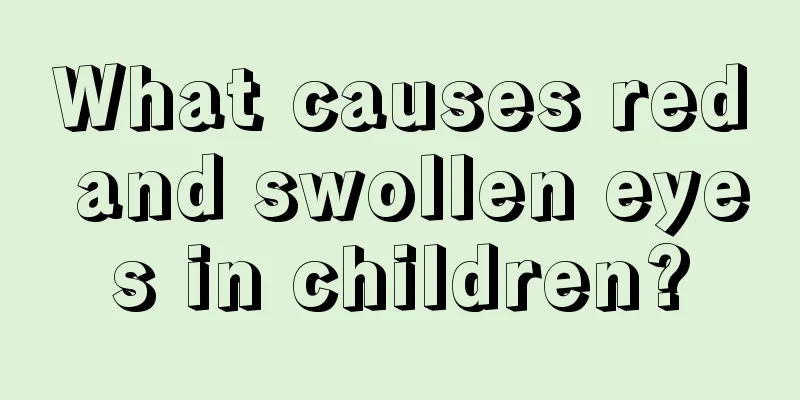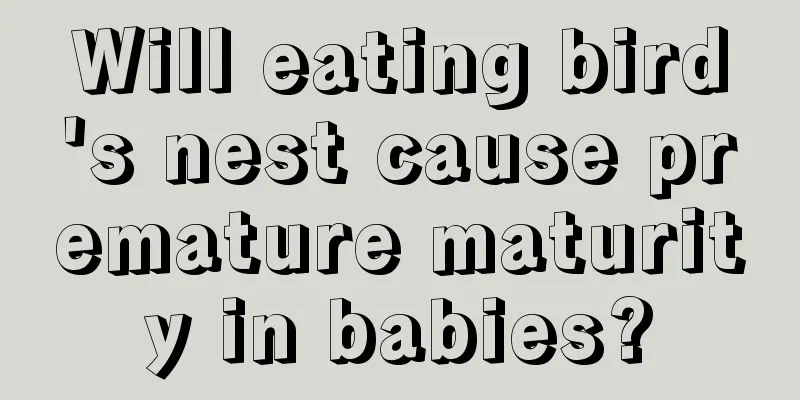Age of tooth loss in children
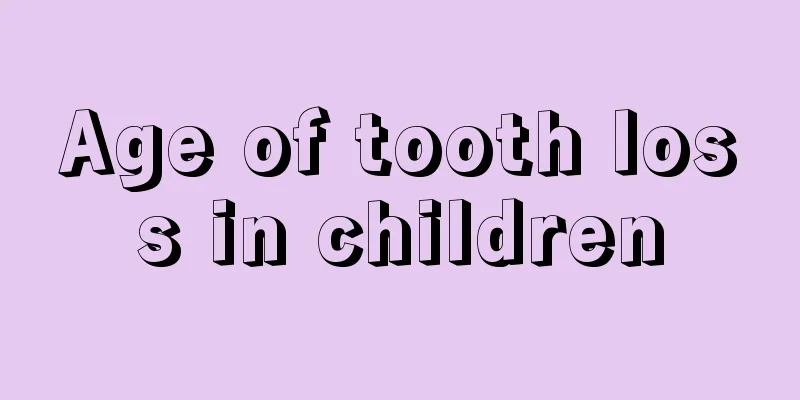
|
Babies usually grow deciduous teeth at a certain stage of growth, but after the deciduous teeth grow, they need to be replaced with permanent teeth. Most parents are not particularly clear about the age of their children's tooth replacement. Since the physical condition of each baby is different, the age of tooth replacement is also different. Some children have early tooth replacement, and some children have late tooth replacement. So when is the age of children's tooth loss? When is the age when children start to lose their teeth? Children usually start to lose their teeth around the age of 6. The physiological shedding of the first deciduous tooth usually occurs around the age of 6, but it can also occur as early as 4 years old, or as late as 7-8 years old, so there is no need to worry. Naturally fallen deciduous teeth have no roots and the fallen surface appears eroded. Parents should pay attention to observe and not confuse them with broken roots of deciduous teeth. People grow teeth twice in their life, namely deciduous teeth and permanent teeth. There are 20 deciduous teeth, which usually start to erupt around 6 months old and are fully grown at 2-3 years old. There are 28-32 permanent teeth (the number of wisdom teeth is 0-4), which usually start to grow around 6 years old and 28 are fully grown at 12-13 years old (wisdom teeth vary from person to person). Therefore, the tooth replacement period is usually between 6 and 12 years old. There are certain rules for tooth replacement. Simply put, it is a certain time and a certain order, following the principle of "left-right symmetry, first lower and then upper". Left-right symmetry, first lower and then upper refers to teeth with the same name. Generally, children lose their first tooth between the ages of 6 and 7. Is it good for children to change their teeth too early? Premature tooth replacement is usually caused by trauma to the child's teeth, such as tooth bumps; it may also be caused by certain oral diseases, such as tooth inflammation, caries, etc. Gingivitis is relatively common among children, but it is very rare for periodontal disease to cause tooth bone damage, so mothers need to know the causes of premature loss of deciduous teeth in order to protect the remaining deciduous teeth. Because it lays a good foundation for the normal growth of permanent teeth. Early diagnosis helps doctors take effective measures to ensure that permanent teeth can erupt and align normally. Therefore, parents must be vigilant about their children's tooth replacement time and observe their dental conditions diligently. If you find that your child's deciduous teeth fall out prematurely due to caries, trauma, periodontal disease, etc., you should seek medical attention as soon as possible to avoid damage to the bite function and affect the normal development of permanent teeth and maxillofacial area. |
<<: How often should a full-month-old baby eat milk?
>>: Age when deciduous teeth come out
Recommend
What are the symptoms of heat stroke in children?
Heatstroke is a common thing in daily life for ma...
Baby gets eczema when it gets hot
Eczema is a common disease among infants and youn...
How many teeth does an eight-month-old baby have?
As the baby continues to grow and develop, he or ...
Is it right to drink apple water when the baby is constipated?
Constipation is a common disease. Not only adults...
What should I do if my baby has a runny nose and tears? These methods are very useful
If the baby has a runny nose and tears, parents n...
How much is normal for jaundice to subside?
Many newborns will develop jaundice a few days af...
The baby cries every night
The first reaction of a newborn after birth is cr...
Causes and treatment of nosebleeds in children
It's the hot summer again. The hot and dry we...
How to clean newborn baby eczema with honeysuckle
It is very common for newborns to have eczema. Ec...
What medicine is good for baby's stomach ache?
Among the various diseases that babies may suffer...
What is the reason for the baby's thumb to bend inward?
Newborn babies' thumbs naturally turn inward ...
Newborn baby poops green on 15th day
Feces are the excretions of our body. Don’t under...
What to do if your child is obese
It is indeed not a good situation for a child to ...
What to do if a child has a fever in autumn
Everyone knows that the temperature in autumn is ...
How to treat lymph nodes in babies?
Many babies have problems with their bodies, so t...



